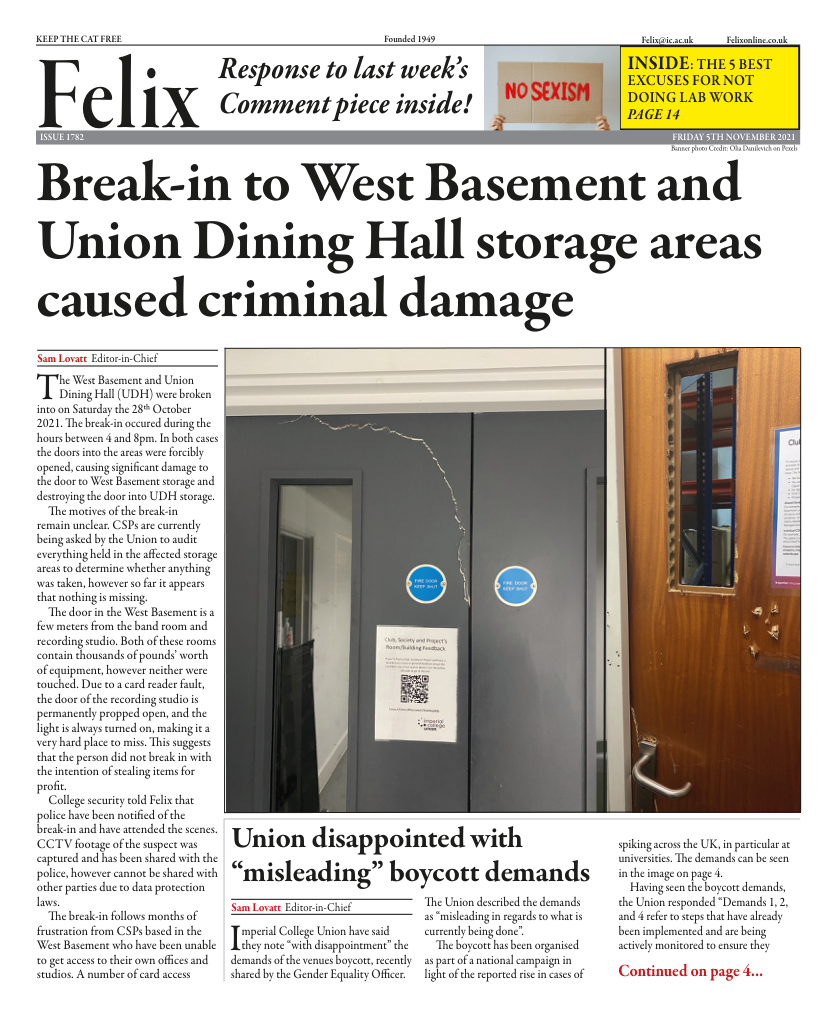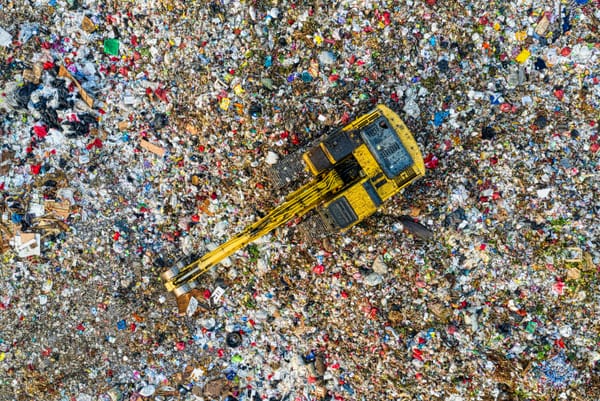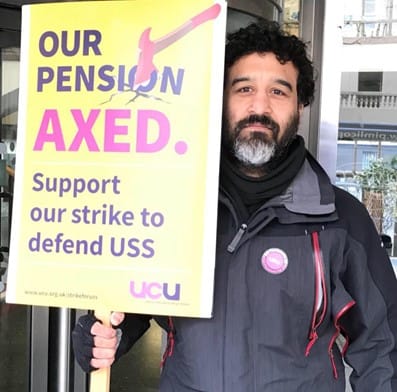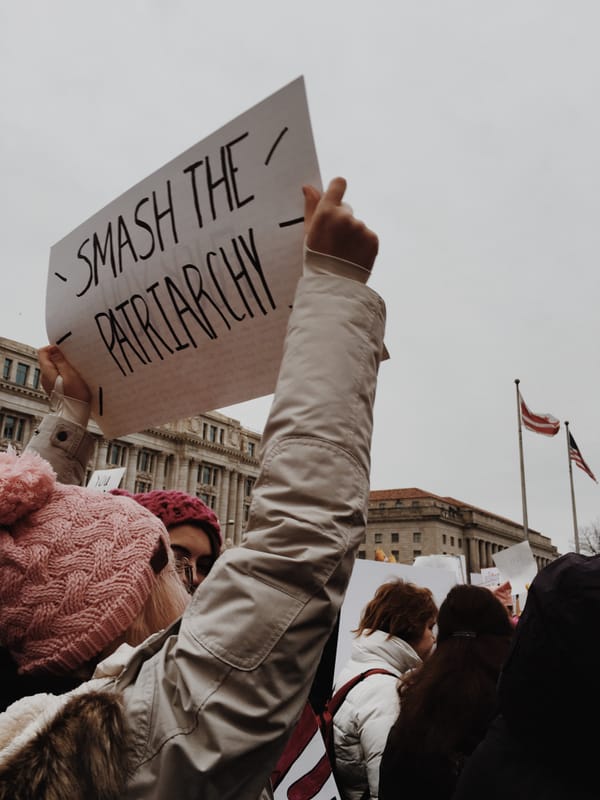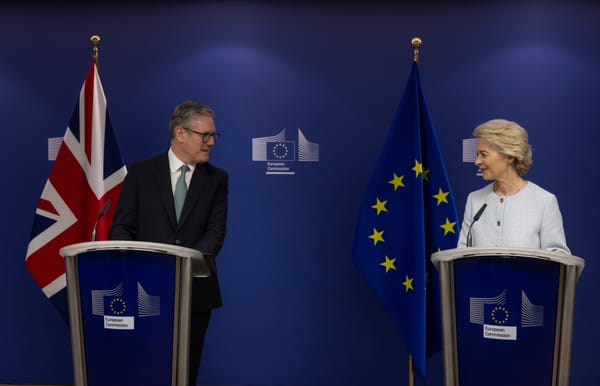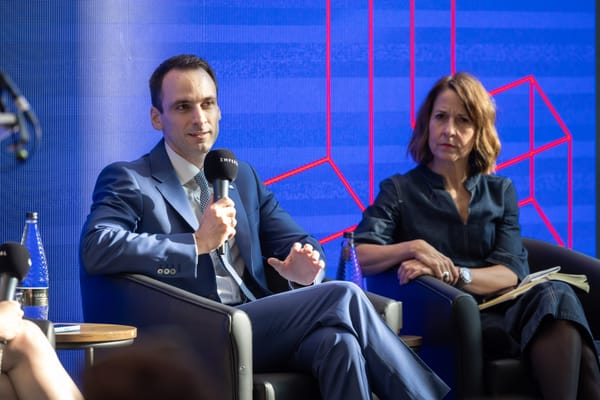Does the Poverty Line Define Destitution?
How we currently define poverty is limiting how we solve it. We must expand the definition of poverty if we want to eradicate it.
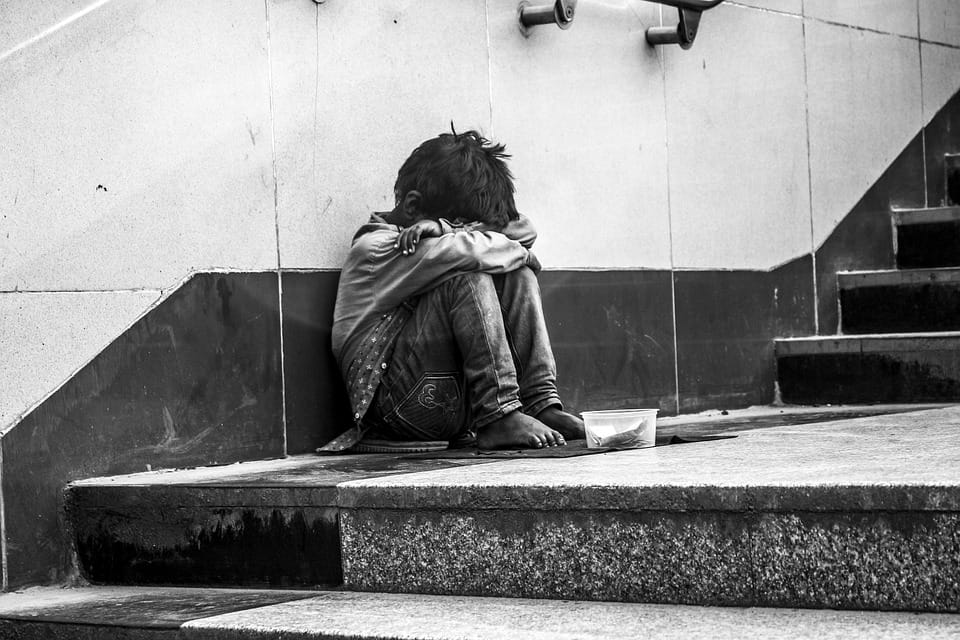
“As long as poverty, injustice and inequality prevail in our world, none of us can truly rest.”
Nelson Mandela
I believe the ‘Poverty Line’ is quite vague when it comes to understanding the extent of poverty in the contemporary world. It is not only vague because of its extremely narrow definition of ‘who is poor’ and the debatable methodology used to count the poor, but also because of a more fundamental assumption underlying it. It completely depends on the idea of poverty as an inadequate income or not having the resources to purchase goods and services. For the scope of this article, I would like to categorize poverty as pay destitution. If poverty is ultimately about deprivations affecting human wellbeing, then pay destitution is only one aspect of it. Income is no doubt a vital means to the attainment of individual well-being, but I feel it is not adequate to ensure stability against numerous other kinds of hardships that people face.
For example, illness due to communicable diseases like COVID-19 can seriously affect the well-being of an individual whilst denying them of a healthy lifestyle and curtaining their earning capabilities. Thus, protecting people against such communicable diseases and the resultant hardships depends on various components like safe drinking water, public sanitation, and mostly on good quality health services, not just income.
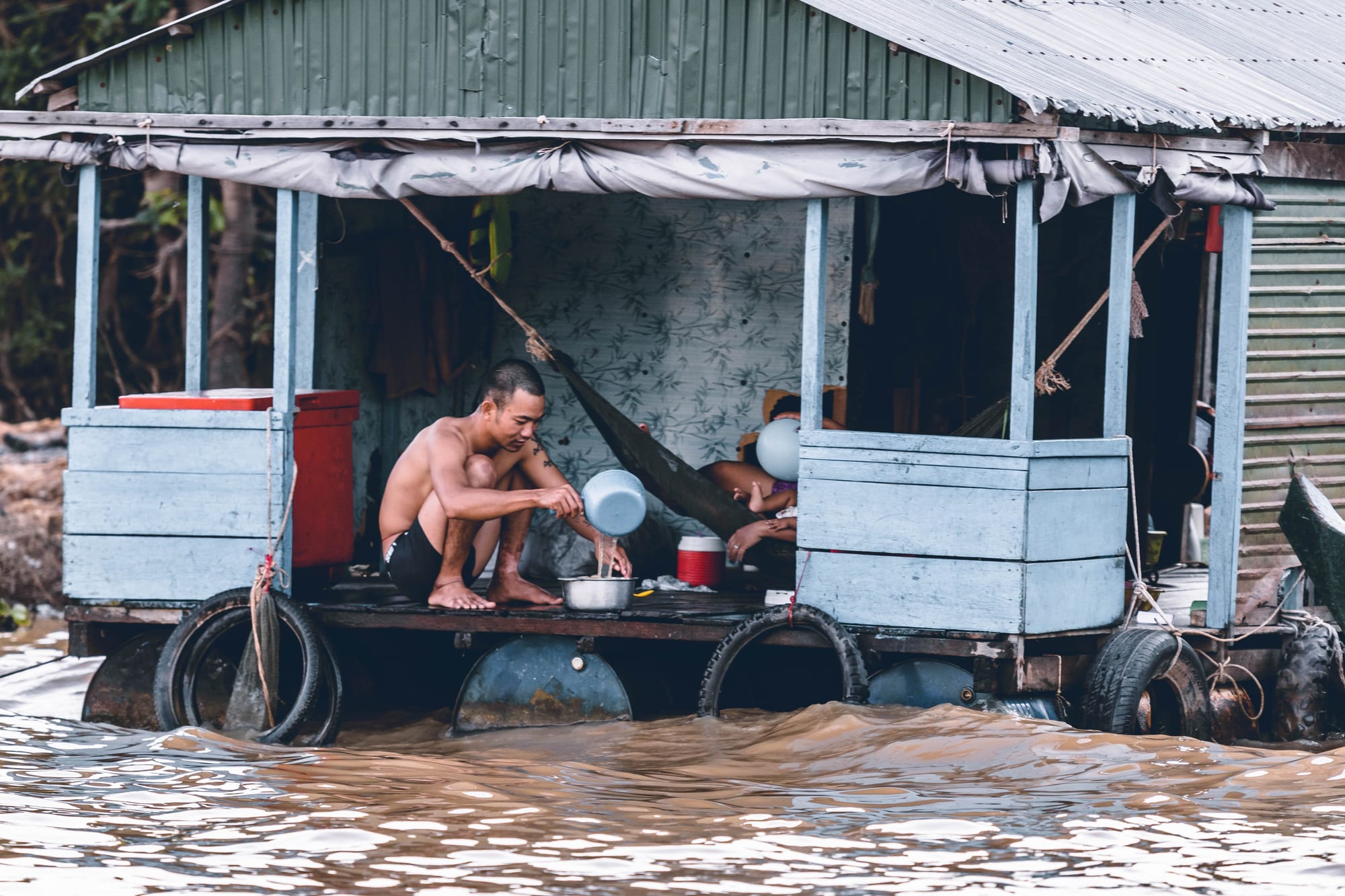
An entirely income-based approach to define poverty frequently falls short to reflect people’s sufferings. Satisfaction of people’s need, is another key aspect which is usually neglected - because the social provision of goods and services on offer is never considered. It is also limiting to think of poverty essentially in terms of materialistic shortcomings of people relating to basic needs. We must also take into consideration sociological distress that people might have in the form of structural inequalities and inborn drawbacks. This clearly implies that even when resources are available, people may not be able to take full advantage of them because of the pre-existing disadvantages ranging from social constraints like caste and gender, to personal impediments like old age and physical disabilities.
...the entirety of poverty is much more than what we perceive it to be and has a plethora of unexplored dimensions
But the good news is that, inculcating diverse policy choices can definitely bring about distinctive results for the people who are considered poor in a country. When governments create employment, enforce policies to increase the workers’ wages and enhance the financial security of the poor, children and families see improved results in both the short and long term.
Hence, an obvious question arises; how do we eradicate the income-poverty issues which are at stake in many countries across the world?
After a bit of research, I narrowed down the options to these solutions which might play a crucial role in shaping the financial condition of people.
- Raise the minimum wage of workers.
- Support pay equity.
- Provide paid leave and paid sick days.
- Establish work schedules that work.
- (Low-wage and long hourly jobs increasingly come with unpredictable and constantly shifting work schedules, which means workers struggle even more to balance erratic work hours with caring for their families)
- Invest in affordable, high-quality childcare and early education
- Reform the criminal justice system and enact policies that support successful re-entry.
- Participate in the emerging global markets.
But thinking practically, even if we present numerous more solutions to this problem, most of the global poverty issues boil down to undocumented and unregulated labour and work.
At the end of the day, everything is interdependent and bringing about a change in the attitude of policymakers is quite a task especially when it comes to issues revolving around financial matters and poverty. I strongly believe that there is nothing inevitable about poverty. We just need to build the political will to enact the policies that will increase economic security, expand opportunities, and help people enhance their overall standard of living. Finally, a resounding answer to the original question put forth would be that the entirety of poverty is much more than what we perceive it to be and has a plethora of unexplored dimensions. Poverty beyond the ‘Poverty Line’ is something the world has collectively failed to address.
After all, isn’t it all about the greed of the ‘Haves’ and the wants of the ‘Have-nots’?

